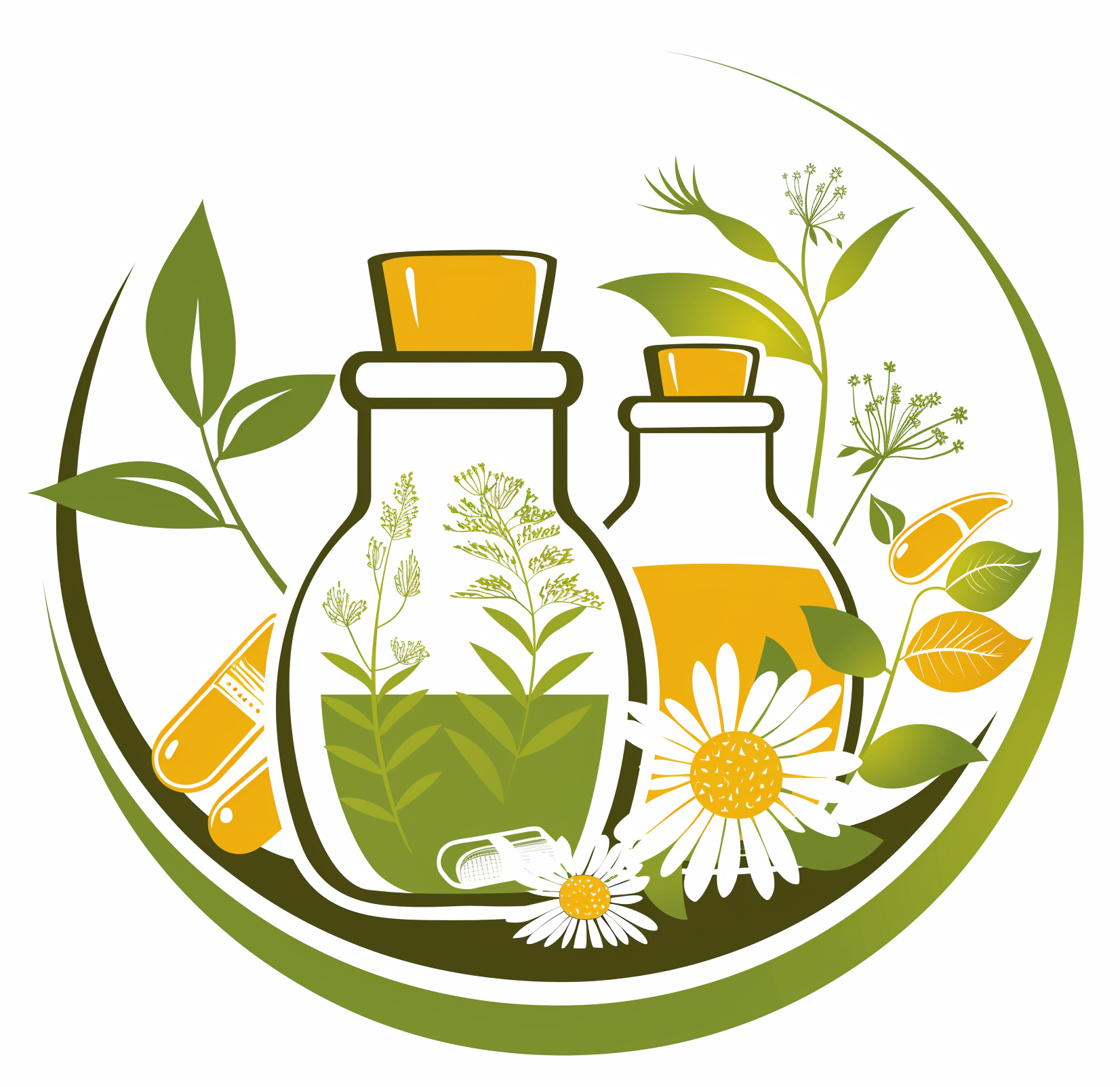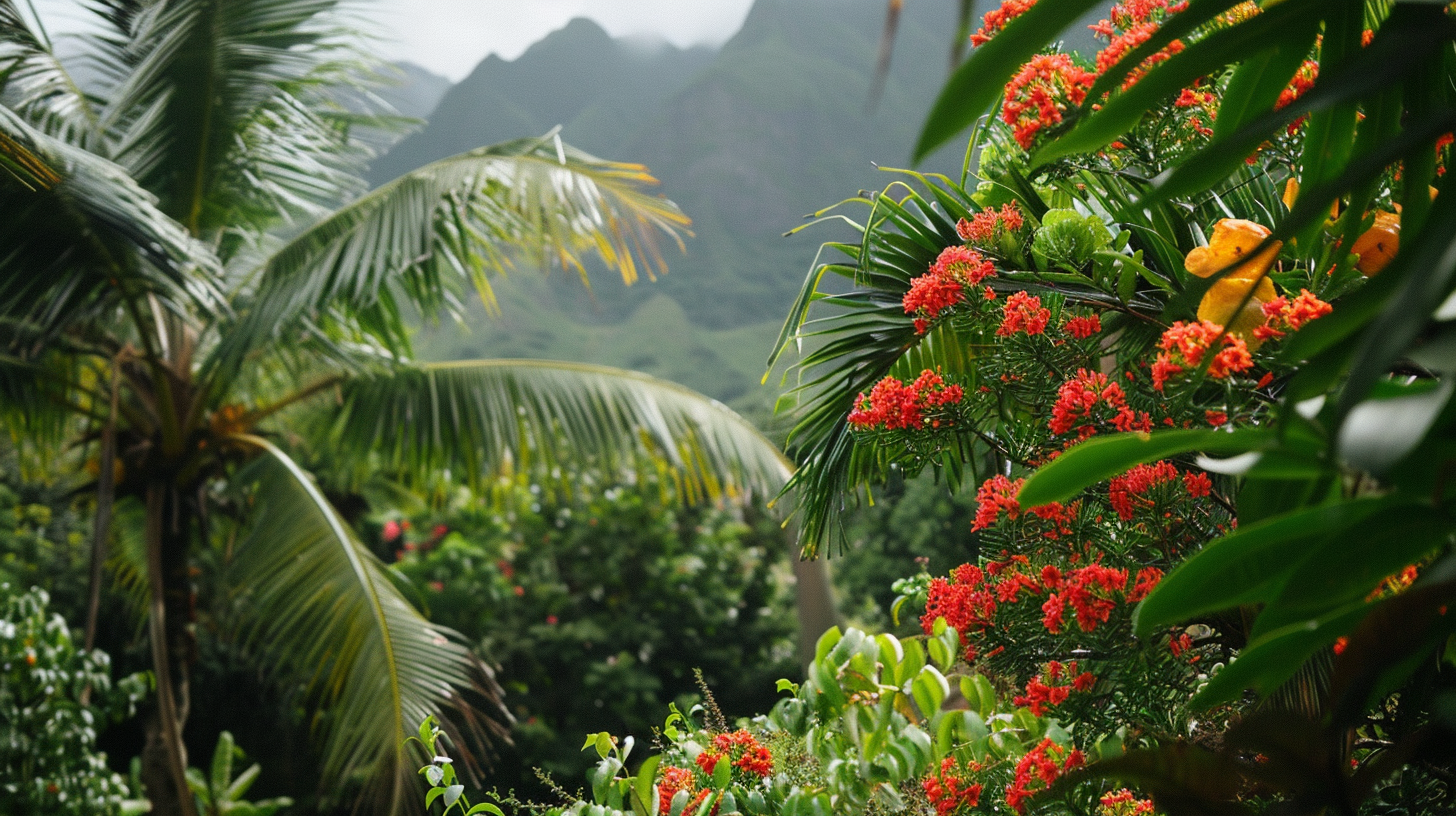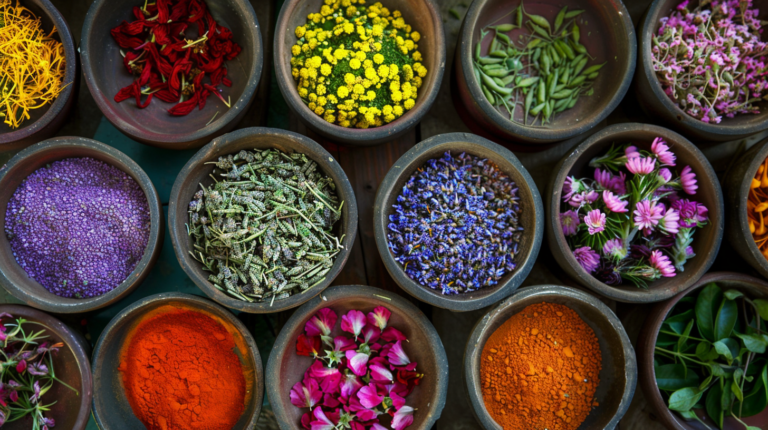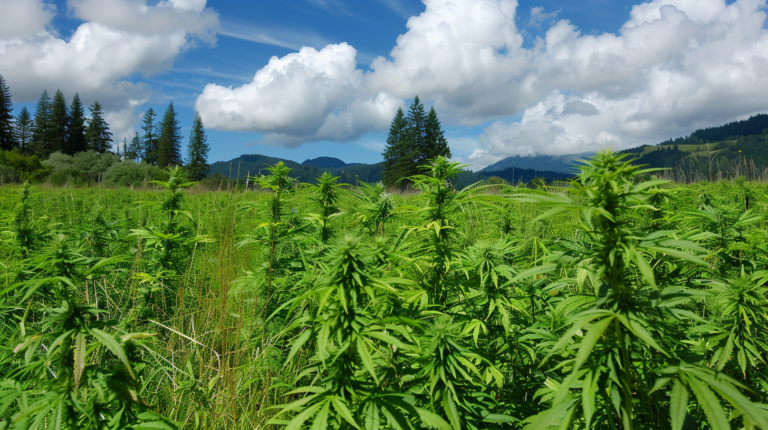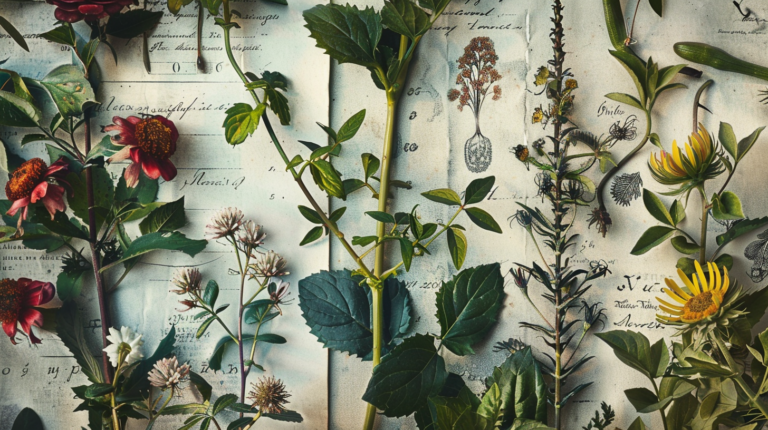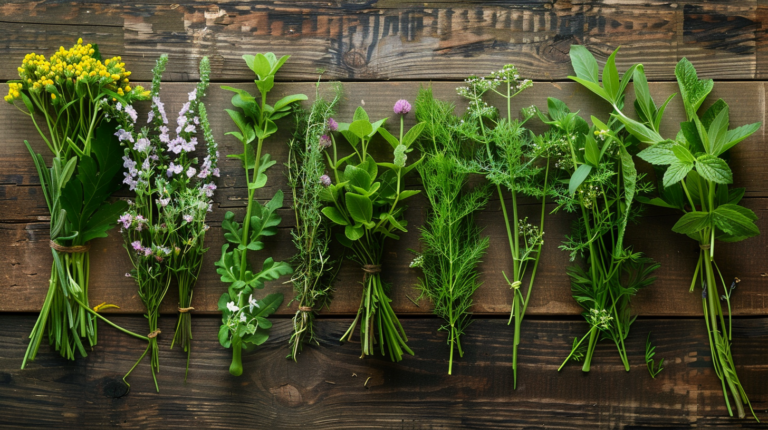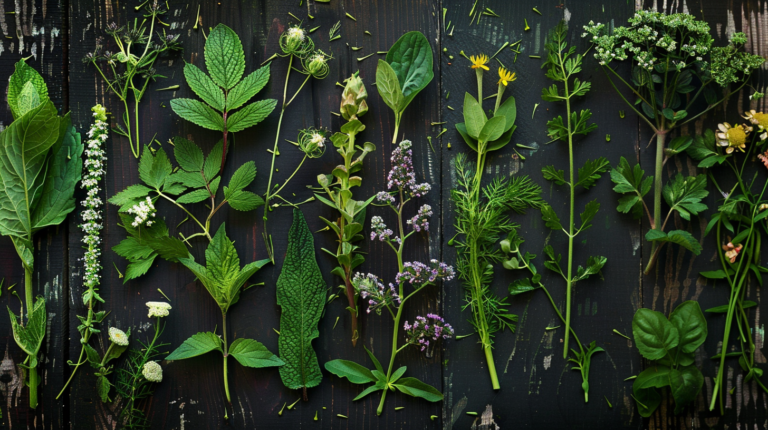Discover Medicinal Plants in Mauritius: Benefits and Uses
Imagine, if you will, a tropical paradise where your everyday health problems can be alleviated with the bounty of nature’s own medicine cabinet. Yet, many people overlook the value of this abundant resource, instead turning to pharmaceuticals which often come with a laundry list of side effects. This is where we face a dilemma: how do we harness nature’s gifts to support our well-being?
Enter the world of medicinal plants in Mauritius, a treasure trove for anyone seeking natural remedies. These plants, deeply rooted in the island’s rich history and culture, offer an array of health benefits. From alleviating common colds to supporting robust immune function, these botanical gems are not just local folklore but are backed by scientific research available on platforms like Google Scholar and PubMed.
By integrating these indigenous medicinal plants into your life, you’re not only embracing a natural way to tackle everyday ailments but also contributing to sustainable practices and the conservation of these invaluable species. So, let’s delve into this verdant world where each plant holds the promise of better health and vitality.
The Rich Herbal Heritage of Mauritius
A Brief History of Medicinal Plants in Mauritius
Colonial Influence and Indigenous Practices
As someone who is deeply passionate about the many wonders of the plant world, let me take you on a journey through the lush landscapes of Mauritius. Oh, the stories these plants could tell if they could speak! It turns out that the rich herbal tradition of this enchanting island is a melting pot of influences. Picture this: colonial settlers bringing with them a treasure trove of plant species from India, Africa, and China. They mingled with the local flora and knowledge of the indigenous people, creating an eclectic blend of traditional medicine practices.
Imagine the early settlers swapping the secrets of aloe vera and neem with the islanders who were already well-versed in using native plants like the Moringa and Lemongrass. It’s like a botanical potluck where everyone brings their best dish! But the plot thickens, doesn’t it? These plants didn’t just blend in; they thrived and influenced the Mauritian way of healing, making the island a unique sanctuary of medicinal wisdom.
The Evolution of Herbal Medicine in Mauritius
Herbal medicine on the island didn’t just stop with the colonial era. As I leaf through the pages of history, I can almost smell the aloe vera and turmeric fields flourishing under the tropical sun. The herbal practices continually evolved, influenced by newer waves of immigration and globalization. I remember reading in one of my beloved reference books that the University of Mauritius has been conducting extensive research on the medicinal properties of the island’s plants. They’ve transformed age-old wisdom into scientific knowledge, proving once again that the leaves of time continuously turn. And let’s not forget the invaluable contributions by local scholars like Gurib Fakim, who have propelled this science medicine into the modern age.
Top Medicinal Plants Found in Mauritius
Aloe Vera
Health Benefits
Ah, aloe vera—the plant that deserves its own pedestal in the herbal Hall of Fame. Renowned for its skin-healing properties, aloe vera is a soothing balm for burns, cuts, and even insect bites. It’s like nature’s first-aid kit, packed into a succulent. The gel inside the leaves is rich in vitamins A, C, and E, working wonders for your skin and overall health.
Traditional Uses
Beyond the obvious skincare benefits, the Mauritians have traditionally used aloe vera in a myriad of ways. Have you ever tried an aloe vera drink? It’s a refreshing elixir that serves as a digestive aid and a good hydrator. Folk lore even mentions its use in treating infections and as an anti-inflammatory agent. It’s the multitasker of the plant kingdom!
Growing Conditions
Aloe vera thrives in the sun-drenched landscapes of Mauritius, basking in the warm climate and well-drained soil. Whether you are a novice gardener or an experienced green thumb, growing aloe vera is relatively easy. Just ensure it gets plenty of sunlight, and you’ll have a hardy plant ready to aid you in your herbal adventures.
Neem
Health Benefits
Let me tell you about the grand old neem tree, often referred to as the “village pharmacy.” Its leaves, bark, and seeds contain powerful compounds that can combat a wide range of ailments. Neem is hailed as an antibacterial, antiviral, and antifungal juggernaut. Trust me, if you had just one plant to rely on, neem would be a top contender.
Traditional Uses
Neem’s myriad of traditional uses in Mauritius and beyond is nothing short of impressive. From using the leaves to make a detoxifying tea to applying neem oil on the skin to fend off insects or even to treat acne, it’s a versatile companion in natural medicine. Locals often chew neem leaves for oral health, a practice dating back centuries.
Growing Conditions
Neem trees are well-suited to the tropical climate and fertile soils of Mauritius. They’re drought-resistant and can grow in various soil types. With a little care and regular watering in the early stages, your neem tree can become a robust and beneficial addition to your garden.
Turmeric
Health Benefits
Ah, turmeric, or as I like to call it, “golden spice.” This vibrant yellow root is not just a kitchen staple but a key player in herbal medicine. Packed with curcumin, turmeric is renowned for its anti-inflammatory and antioxidant properties. It’s like a superhero in the plant world, combating everything from infections to chronic diseases.
Traditional Uses
Traditionally, turmeric has been used in Mauritian households as both a culinary delight and a medicinal powerhouse. Ever tried a golden milk latte? This comforting drink, made by mixing turmeric with milk and spices, is excellent for reducing inflammation and boosting immunity. Mauritians also use turmeric paste as a natural remedy for skin conditions and joint pain.
Growing Conditions
Turmeric loves the warm, humid climates typical of Mauritius. This plant thrives in tropical conditions with rich, well-draining soil. If you’re growing turmeric, make sure it gets plenty of water and partial shade. Harvest the roots after about 8 to 10 months, and you’ll have your own stash of this magical plant.
Other Notable Medicinal Plants
Basil
Basil isn’t just for your pasta or pizza; it’s a stellar medicinal plant. Known for its antibacterial properties, basil is often used in Mauritius to soothe infections and improve digestion.
Moringa
Considered a “miracle tree,” moringa offers an unbelievable array of nutrients and health benefits, from boosting immunity to treating chronic conditions.
Lemongrass
Lemongrass tea is a staple in Mauritian homes for its cooling and digestive benefits. It’s also used in traditional medicine to reduce fever and treat infections.
How to Grow Medicinal Plants in Mauritius
Ideal Soil and Climate Conditions
Seasonal Considerations
The tropical climate of Mauritius offers excellent conditions for growing a variety of medicinal plants year-round. However, certain plants may have specific seasonal needs. For instance, during the wetter months, ensure that plants susceptible to root rot are well-drained.
Best Practices for Planting and Care
When planting medicinal plants in Mauritius, it’s essential to use nutrient-rich soil and ensure adequate sunlight based on each plant’s needs. Rotating crops and using organic compost can improve soil fertility and yield. Regular watering, but not overwatering, is key for most medicinal plants. Trust me, the effort will be worth it when you harvest your homegrown remedies!
Traditional Remedies and Modern Applications
Infusions and Teas
One of the most cherished methods for utilizing medicinal plants in Mauritius is through infusions and teas. Creating herbal teas is akin to brewing magic in a cup. By steeping the leaves, flowers, or even roots of these plants, you release their essential oils and beneficial compounds. It’s a bit like extracting the soul of the plant, if you ask me.
Popular Recipes
When it comes to popular herbal tea recipes, you can’t go wrong with a classic lemongrass and ginger infusion. This duo works wonders for digestion and has a zesty, refreshing taste. Another favorite is the soothing combination of basil and mint, a perfect remedy for colds and nasal congestion.
Usage Tips
For the best results, always use fresh or properly dried herbs. Steep them in boiling water for about 5-10 minutes to ensure you extract all the goodness. A tip from my grandmother: add a touch of honey for sweetness and an extra health kick.
Oils and Tinctures
Herbal oils and tinctures are another fantastic way to harness the power of medicinal plants. They allow for a more potent and concentrated form of the plant’s benefits, ideal for treating skin conditions or taking internally.
Preparation Methods
Preparing oils often involves infusing the plant material in a carrier oil—like olive or coconut oil—over a period of weeks. Tinct
ures require soaking the plant parts in alcohol or vinegar, which acts as a solvent to extract the active compounds. Yes, it takes some patience, but oh, the rewards are plentiful.
Safety Considerations
Always be cautious when using oils and tinctures. Remember, these are potent extracts, and a little goes a long way. Start with small doses, and be sure to consult a healthcare professional if you’re using them for specific health conditions.
Conservation Efforts and Sustainable Practices
Protecting Endemic Species
In the lush and biodiverse environment of Mauritius, protecting endemic plant species is critical. These plants are unique to the island, and their loss would be irreplaceable. The efforts to conserve these species involve a mix of governmental policies and community projects.
Challenges and Solutions
One of the challenges in conservation is habitat loss due to urbanization. However, local organizations are doing incredible work to plant native species in protected areas. Creating seed banks and fostering community awareness also plays a significant role in these efforts.
Community Initiatives
Communities in Mauritius are incredibly proactive in conservation. Local projects often involve school programs and workshops to educate the younger generation about the importance of environmental science and the role of medicinal plants in our lives.
Local Projects and Organizations
Organizations such as the Mauritian Wildlife Foundation are at the forefront of these conservation efforts. They collaborate with international bodies and local communities to ensure the preservation and sustainable use of medicinal plants. These projects not only benefit the environment but also help in keeping local traditions alive.
The Future of Herbal Medicine in Mauritius
Research and Developments
The future of herbal medicine on this island looks promising. Thanks to the extensive research conducted by the University of Mauritius, many medicinal plants are now being studied for their potential health benefits. This research often appears in journals and databases, including PubMed and Google Scholar.
Innovation in Herbal Remedies
Researchers like Gurib Fakim and Govinden Soulange are pioneers in this field, working on converting traditional knowledge into scientifically backed remedies. Modern technology and traditional wisdom are being fused to create innovative products.
Integrating Traditional Knowledge with Modern Science
This integration of traditional knowledge with modern science is perhaps the most exciting development. By scientifically proving the efficacy of these plants, we can unlock their full potential and make them accessible to a broader audience.
Global Recognition
The Growing Interest in Mauritian Medicinal Plants
Mauritian medicinal plants are gaining global attention. There’s a growing interest in their unique properties and potential for treating various diseases. International bodies are starting to recognize the value of these plants through research and publications.
Potential for Export and Trade
The economic potential for exporting these medicinal plants is significant. With more research backing their benefits, there’s an opportunity for Mauritius to become a key player in the global herbal medicine market. Exporting these plants can provide economic benefits for local communities while promoting sustainable practices.
